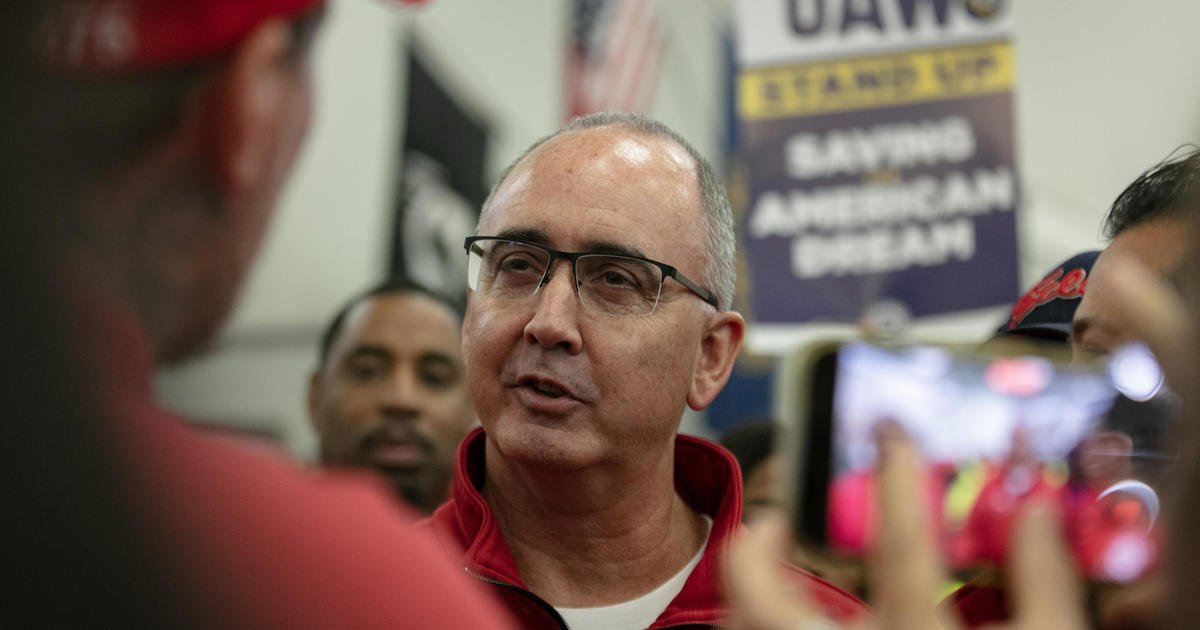Japan Quake Could Change Way Car Companies Deal With Suppliers
by Jeff Gilbert
WWJ AutoBeat Reporter
The earthquake in Japan has many of the world's automakers re-thinking their strategy of stretching out their supply base around the world.
"I think there's going to be is going to a total re-evaluation of the supply chain," says Jim Gillette, who tracks supplier companies for IHS Automotive. "I think the direction that some of these companies have been going is going to change if not dramatically, at least slightly."
Gillette says auto companies will balance the convenience of having suppliers nearby, with the savings they can get from shipping products from a country that could be very far away.
"Cost has been the primary driver of the supply chain structure to this point in time," Gillette said. "I think there's going to be a much closer look at the risk involved now."
The risk, many analysts say, will become more apparent in the coming weeks, as parts that were already in the pipeline run out. It could take months for auto supplier plants in Japan to get back to normal production.
Ford is closing its Kentucky Truck Plant this week to conserve parts. Nissan will stagger six day long idlings of all of its North American plants this month. In both cases, the companies are moving up closings that would have happened later in the summer.
A Toyota spokesman, meanwhile, is saying it's "inevitable" that their North American plants will have to shut down, because of parts shortages. Spokesman Mike Goss says that will likely happen sometime this month.
Toyota has more than a dozen North American plants, with 25 thousand workers. Goss says they don't expect any layoffs.
AutoNation CEO Mike Jackson, who heads the largest U.S. dealership chain, is among those who believe there will be shortages of some Japanese brand vehicles later this spring and in the summer.
That prediction, Jackson says, is based upon conversations he's had with Japanese manufacturers.
Still, Jackson says he feels the U.S. auto market will keep recovering. March car sales numbers showed that trend continuing.
Japan's daily auto production has fallen by about 37 thousand vehicles.
All of this shows the importance of having solid backup plans, says IHS Automotive's Jim Gillette. He points to a fire earlier this year at parts supplier Magna, that briefly halted production at a number of auto plants. Good planning, Gillette says helped limit the disruption to the industry.
"I think there was a remarkable recovery from that fire given the fact that Magna was supplying so many of the automakers," he said. "So, I think a company like Magna has pretty much all of the plans in place at this time. I think there's a lesson to be learned."
Follow Jeff Gilbert on Twitter @jefferygilbert



